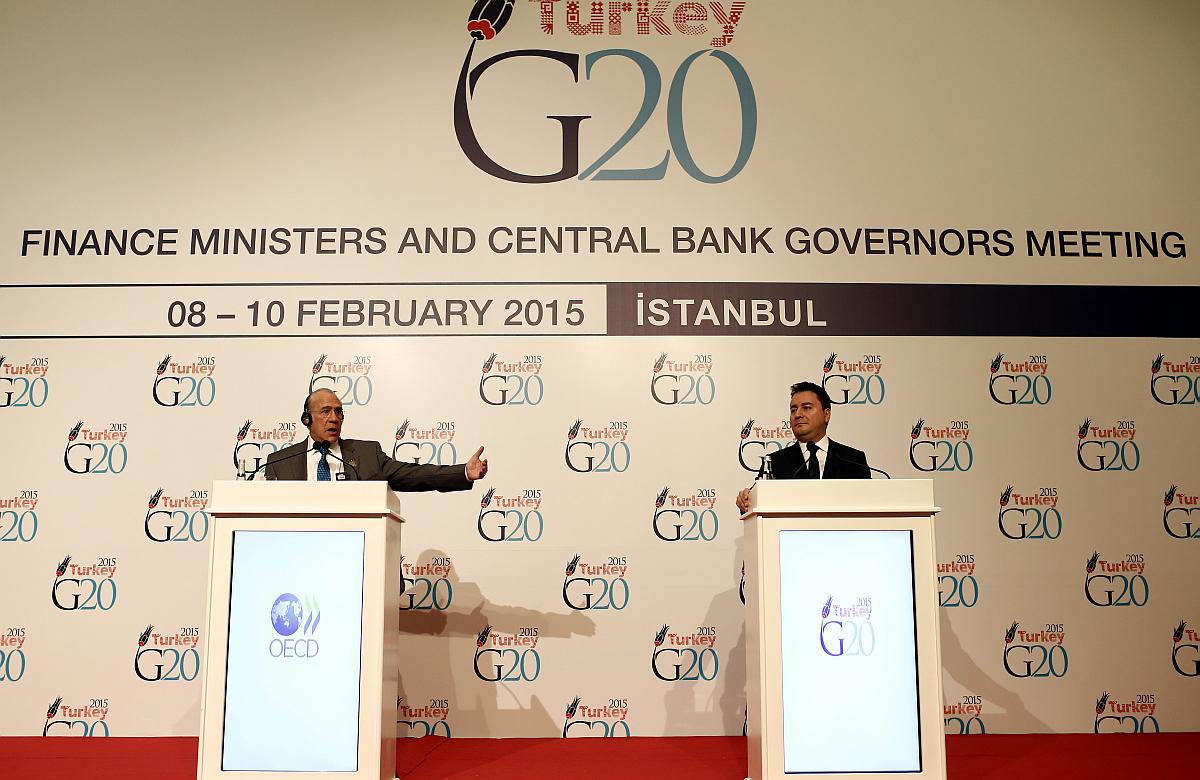According to the Organisation for Economic Co-operation and Development, Slovenia should limit "the growth in the minimum wage with a view to reducing progressively its level relative to the median wage." Union boss Dušan Semolič responded by saying: "The ratio is not the problem—the real problem is low wages."
Marko Jaklič, a professor at the Ljubljana Faculty of Economics, echoed those words by saying that the minimum wage should not be reduced, but he agrees that privatization efforts do need to be stepped up.
Even though the OECD has found that reform momentum had picked-up, notably with the employment protection reform, the organization calls for further reform, especially in the pension system.
However, it is clear that Slovenia is not about to implement the OECD's pension reform recommendations anytime soon. Social partners have agreed that the current system should remain in place for the next five years. "There is a general consensus that the system is sustainable until 2020, and we will have introduced changes to it by then," says Minister of Labour, Family, Social Affairs and Equal Opportunities Anja Kopač Mrak.
Urška Valjavec, Radio Slovenija;
translated by D.V.



































































